In the past, jewellery could be neatly divided into two categories: costume jewellery and fine jewellery. The latter featured synthetic or simulant gems and diamonds set in base or plated metals, while the former combined solid, premium metals with mined, precious gemstones.
Jump forward and the evolution of jewellery techniques has altered the market significantly, as have the rapidly changing tastes, budgets and buying habits of consumers.
Enter fashion jewellery.
Like fashion apparel, fashion jewellery is fast moving and trend-led. It is not so much defined by the materials used in its manufacture but rather by the reason it is bought.
Primarily, consumers purchase fashion jewellery to accessorise an outfit, reflect their personal identity and sense of style, emulate fashionable celebrities and social media personalities, and stay ‘on trend’ with peers.
Unlike fine jewellery, consumers do not invest a large amount of time or money in the purchase; the most important factors here are aesthetic appeal, relevance to current fashions and styles, and how much a piece reflects the buyer’s own tastes and emotions.
“Nowadays there are so many customers looking for something different and more affordable with the opportunity to change their jewellery more often and select items to match certain outfits and events,” explains Rachael Abbott, manager of marketing and merchandise planning at Timesupply, which distributes Nomination, Coeur de Lion and Dansk Smykkekunst.
“Although there will always be a place for traditional jewellery, our branded jewellery offers unique designs at price points that appeal to a wide audience.”
Indeed, the fashion jewellery category cannot be explored without referring to one of its distinct advantages: price.
Current economic conditions of stagnant wage growth, soaring house prices and the ongoing drought in NSW and Queensland have placed significant downward pressure on discretionary spending, leading to flat retail conditions.
According to the latest Retail Forecasts report by Deloitte Access Economics, published in September, the annual rate of sales growth has steadily declined since the beginning of 2018, and FY18-19 recorded the weakest result since the early 1990s. At the same time, the report found that retail inflation is increasing at the fastest rate in a decade, meaning overall prices are higher.
Fashion jewellery generally retails below $100 and rarely above $500, making it attractive to consumers with a limited budget.
“Fashion jewellery is generally well-priced so if you get the mix right it is highly transactional – fast in and fast out,” Helen Thompson-Carter, director Fabuleux Vous, says.
Yet the category defies being defined simply on price.
A standard $89 bracelet from Pandora Jewellery can hold between 17 and 22 charms. Most charms are priced between $50 and $99, making the total value of a complete bracelet between $939 and $2,267; however, single charms are added over time, dividing the overall cost into manageable increments.
Stow Lockets offers a similarly broad range, from its 15mm classic locket in sterling silver that retails at $NZ155 ($AU143.83) to a 28mm gold locket retailing at $NZ1,375 ($AU1,275.70). Its charms and earrings are generally priced below $NZ100 ($AU92.80).
Louise Laing, founder Stow Lockets and Evolve Inspired Jewellery, explains, “If you want customers to return, you need to offer quality fashion jewellery pieces that customers still consider precious keepsakes.”
Indeed, success in the fashion jewellery category is less about price and more about developing a deep connection with and understanding of one’s customers – why they shop, what they find appealing and how they buy.
As well as its quick turnover, versatility and affordability, fashion jewellery offers several other key benefits to retailers.
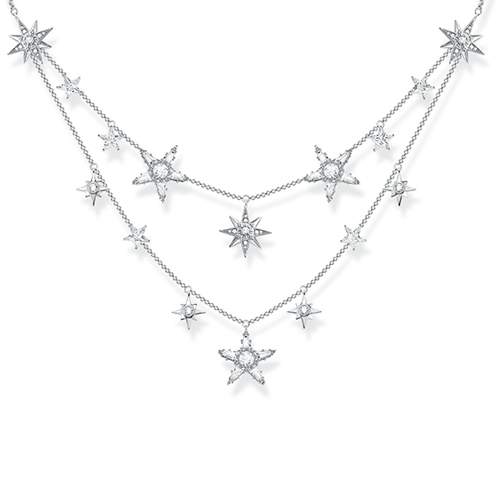 | 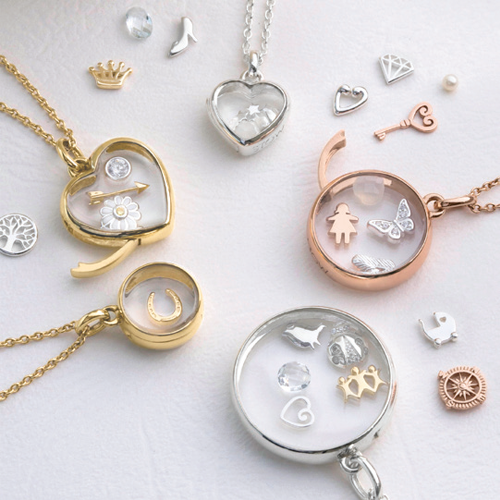 |
| Above: Thomas Sabo | Above: Stow Lockets |
A constant evolution
Part of the appeal of fashion jewellery is its ever-changing nature. Curious and trend-orientated consumers from all demographics are drawn to new collections.
This gives retailers an opportunity to regularly refresh their merchandising and marketing both in-store and online to attract shoppers.
“Fashion jewellery brings consumers into the store as they want to see what’s the ‘latest and greatest’,” Thompson-Carter explains. “Stores that carry a great range of fashion jewellery can also gain a reputation for being on trend and having the latest thing, and that’s very important in our industry.”
Abbott agrees, advising retailers who stock fashion jewellery to “keep their range fresh, changing their display campaign regularly, altering stock layout and adding new collections to keep regular customers interested”.
“Our ranges release new collections twice yearly to keep the brands up to date, in new fashion colours or styles,” she adds.
Kagi’s Nick Hoogwerf believes rapidly-shifting trends keep the segment fun. “Fashion jewellery is such a popular category because it is ever changing; it will keep exciting both customers and sales staff,” he says.
“It’s a must for retailers to carry range of products that can be sold to any customer within the first five minutes of walking in. Not all customers who visit your store are looking to invest in fine jewellery and fashion jewellery enables you to make a sale.”
Hoogwerf continues: “Retailers benefit from a much higher stockturn than with fine jewellery and this ultimately means your store’s overall sales are more regular and sustainable.”
The category also has the ability to inspire loyalty and repeat sales, not only through more affordable pricing but also through a key consumer trend: customisable and personalised jewellery.
This has been a crucial element in Pandora Jewellery’s repositioning strategy, known as ProgrammeNOW. The international jewellery company has specifically sought to re-emphasise the ‘collectability’ and customisable nature of its jewellery offering, centred on charms – returning to the cornerstone of its early success.
What trends have you noticed in fashion jewellery? | “Composable personalised jewellery and colour. And yellow gold is making a comeback.” – Rachael Abbott, Timesupply | 
| “We have seen a shift from clip on, oversized pendants on necklaces to a significant focus on big, bold statement earrings.” – Helen Thompson-Carter, Fabuleux Vous | 
| “Customisable, personalised jewellery is trending and engraving has made a real resurgence. Rose gold and silver have been strong but now we are seeing a shift towards yellow gold.” – Louise Laing, Stow Lockets and Evolve Inspired Jewellery | 
| “Statement earrings in bold and bright hues, the layering of multiple necklaces and bracelets together, and also the continuation of the past year’s trend for clean, simple designs.” – Nick Hoogwerf, Kagi |
|
Pandora’s new marketing material focuses on the concept of expressing personal interests, as well as the ability to personalise the way charms are worn on different base pieces such as brooches and pendant necklaces, as well as the classic bracelet.
In another indication of the personalisation trend, Laing says engraving is making a “real resurgence”. Indeed, she stresses that ‘meaningful’ pieces are still extremely popular: “Jewellery that tells a story and emotionally connects with the customer is where we have made our mark and continue to do so with both Stow Lockets and Evolve Inspired Jewellery.”
While branded jewellery takes up a large proportion of the fashion jewellery category, the products offered are far from generic. “Customers love something new and love to accessorise by wearing unique pieces,” Laing explains.
Originality comes from the combinations consumers can make with their fashion jewellery. Nomination’s Composable links were recently relaunched with a bold new marketing campaign focusing on their personalised designs, representing friends, love, animals, travel and family as well as hobbies and passions.
“With personalised jewellery such as Nomination there are so many reasons for customers to return to purchase new links – a new baby, graduation, marriage, pet, travel, a significant birthday, the list is endless,” Abbott explains. “This type of jewellery brand is brilliant for encouraging repeat business.”
Hoogwerf says the ability to mix and match different designs from different collections across the fashion jewellery category has proved very popular with consumers.
“Fashion jewellery is affordable and accessible to all. Customers are able to build up a sizeable collection of Kagi and other brands and find enjoyment from layering and creating new looks from jewellery purchased over a number of years,” he says. “This is beneficial not just for the customer but also for the retailer too.”
Abbott agrees that constantly changing fashion trends offer retailers the ability to sell multiple pieces across collections.
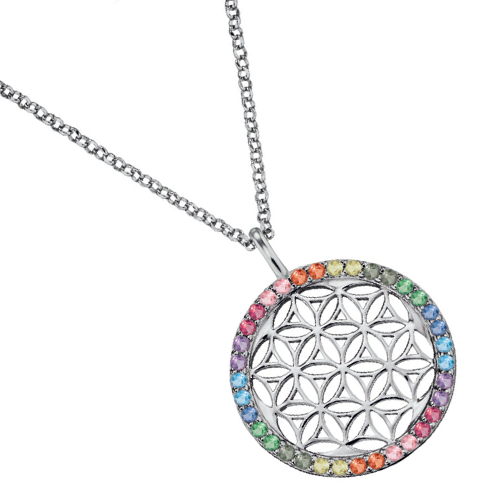 | 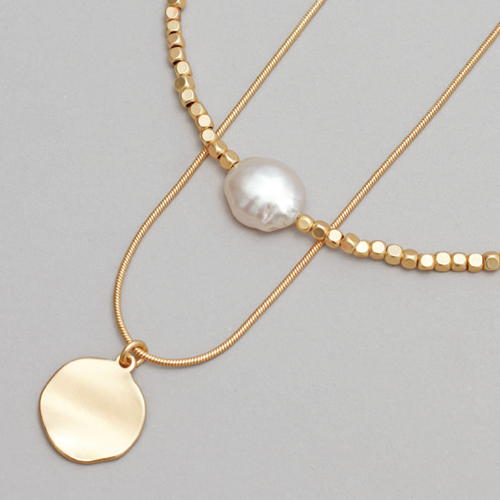 |
| Above: Engelsrufer | Above: Dansk Smykkekunst |
Mastering the marketing
There’s always something new in the fashion jewellery category, which makes it a natural partner for social media. Digital channels can be used to communicate the latest trends as well as the products on offer in an engaging, visual and ‘always-on’ way.
According to data from Roy Morgan, Instagram is the most popular social media channel for Australian Millennials and Gen Z, while Facebook is used by four in five people in all four main demographics: Gen Z, Millennial, Gen X and Baby Boomer.
Pinterest, meanwhile, offers the most shopping-engaged user base – split evenly over Millennials, Gen X and Baby Boomers. Worldwide, it is the number-one driver of website traffic among all social media apps.
In designing a marketing strategy for fashion jewellery, Thompson-Carter advises retailers to “invest time in keeping up to date with what is on trend and then communicate that using your digital channels and social media. Let customers know you have the latest and greatest.”
She adds, “While the price needs to be perceived as fair and reasonable, there’s a school of thought that many consumers are more focused on the ‘look’ and being on-trend versus price – that’s especially true for Millennials.”
Meanwhile, Laing emphasises the benefits of stocking branded fashion jewellery. Indeed, jewellery brands with their own strong social media strategy can help retailers to cross-promote product through hashtags and provide material like high-quality images.
When it comes to international brands, Abbott says social media marketing plays a critical role in making consumers aware that these products are available in Australia and New Zealand.
“All of our brands carry European heritage, whether it is German, Danish or Italian, and all are well known and successful in not only Europe but also in the UK, USA and Asia,” she explains. “These are brands that have integrity and significant credentials and have stood the test of time.”
Ultimately, it’s important to communicate to consumers – and jewellery retailers – that the fashion category is not disposable.
Instead, it offers the best of both worlds: pieces that are highly-wearable and on-trend yet long-lasting at an affordable price point that is accessible to all.
MORE PRODUCTS
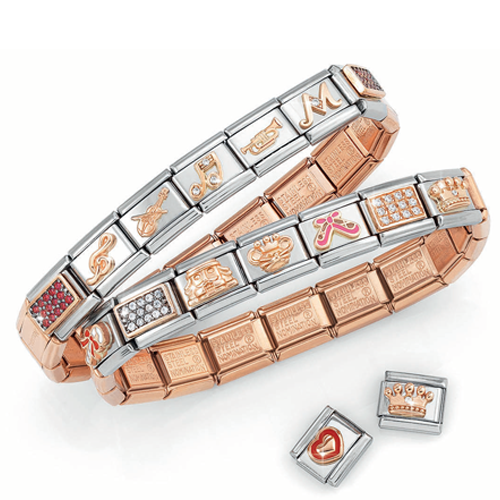 | 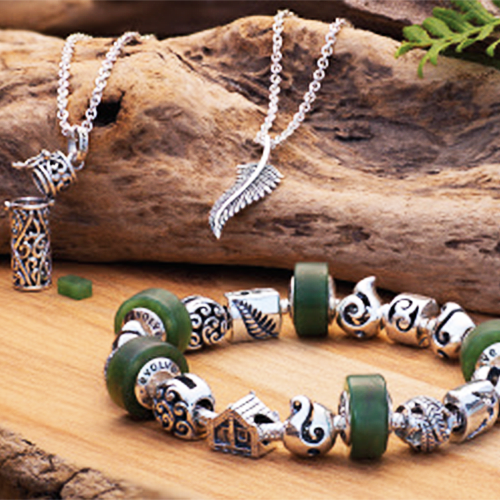 |
| Above: Nomination | Above: Evolve Inspired Jewellery |
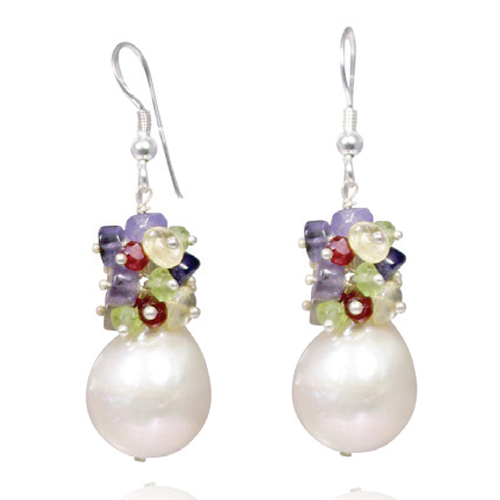 | 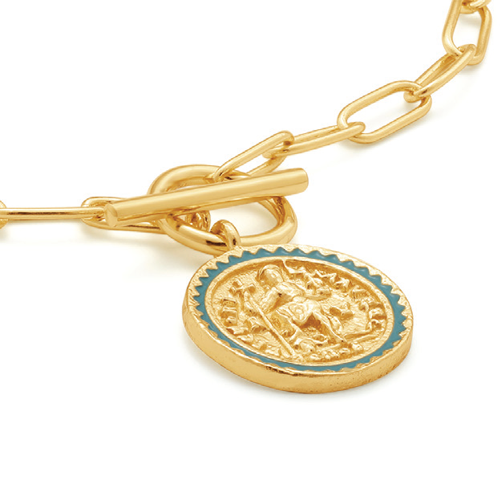 |
| Above: Fabuleux Vous | Above: Ania Haie |